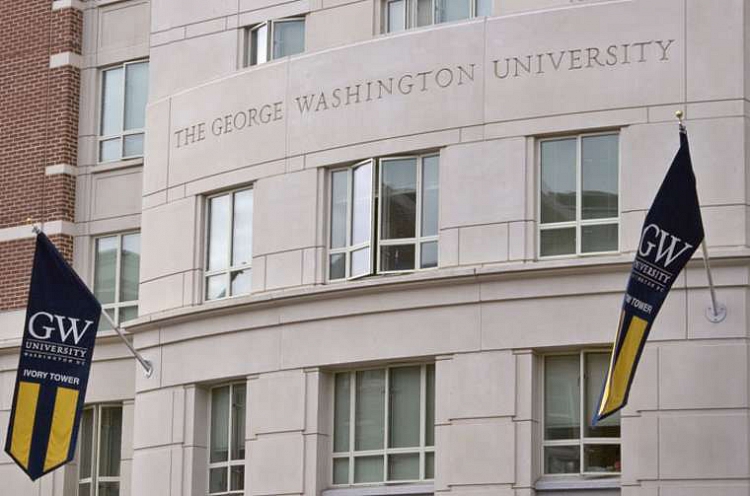ASU scientists presented their developments at the conference in Washington
 Altai State University scientists participated in the VI Annual Conference RASA-USA that took place at the George Washington University located in Washington, the USA capital.
Altai State University scientists participated in the VI Annual Conference RASA-USA that took place at the George Washington University located in Washington, the USA capital.
The main part of the conference was devoted to the issues of the collaboration between Russian scientists and Russian-speaking scientific society of America. Minister of Education and Science of the Russian Federation Dmitriy V. Livanov touched upon this topic at the conference opening.
The exhibition of scientific developments of Russian leading universities was also organized in the framework of the forum. Altai State University research was presented there by Head of ASU Bioengineering Laboratory, Candidate of Biology Maxim G. Kutsev and Executive Director of ASU Russian-American Anti-Cancer Center, Candidate of Biology Andrey I. Shapoval.
“This conference was very meaningful for the Russian-speaking scientists, who presented reports in various scientific areas, from physics to the artificial tissues modelling,” pointed out Andrey I. Shapoval. “I demonstrated the immunosignature technology at the conference, which Russian-American Anti-Cancer Center is actively working with at the moment. The representatives of several universities of Moscow, Philadelphia and Boston found it interesting, so we negotiated to work jointly.”
According to Andrey Shapoval, the conference was supposed to provide the exchange of information that will eventually result in cooperation.
“Our developments were presented among the most promising research works of scientists of Saint-Petersburg State Electrotechnical University, Southern Federal University, Tomsk Polytechnic University and other Russian Universities,” said Maxim G. Kutsev. “In particular, I demonstrated a portable GMO-tester at the exhibition, and several Russian engineers and companies, that commercialize scientific developments in the USA, showed interest in it.”
At the conference the contribution of the Russian-speaking scientific society to the development of Russia, international academic mobility, global education and youth science support was also discussed.